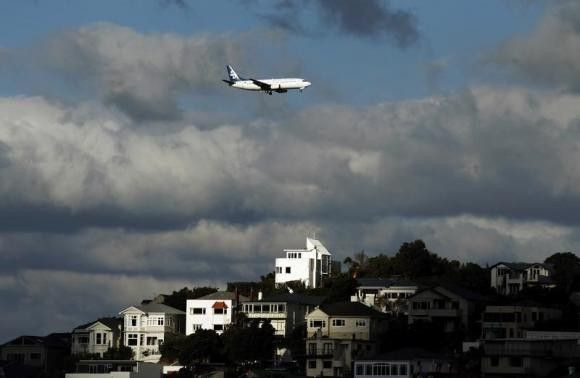New Zealand's Ageing Population Lacks Accessible Homes; Looming Property Crisis Like Ireland

New Zealand’s housing affordability crisis may have worsened as Auckland was recently ranked as among the least affordable places in the world for housing. Not only are houses getting more expensive for the average consumer, the ageing population may also find it challenging to secure an affordable private home.
CCS Disability Action is calling on New Zealand Prime Minister John Key to address the housing crisis in his state of the nation speech. According to a press release by CCS, the number of people who need accessible private homes and social housing has grown rapidly. Previous studies have found strong evidence of a lack of accessible private homes and social housing in the country.
David Matthews, CCS Disability Action chief executive, said New Zealand will have to deal with the long-term challenge of providing the elderly with not only accessible but also affordable housing. About 404,000 people had a physical impairment while 248,000 had sensory disabilities, according to a 2013 Disability Survey.
Matthews said the numbers are expected to skyrocket since 49 percent of people over 65 years of age have a physical impairment. He added that people with disabilities are currently living in unmodified homes, increasing their risk to injury or limiting their movements.
Meanwhile, a leading fund manager sees the same factors that caused a housing crisis Ireland during the last decade in New Zealand. Brian Gaynor, an executive director at Milford Asset Management, said house prices might be anywhere between 10 and 25 percent. Westpac chief economist Dominick Stephens shares the same view with a forecast of a decline of 2 percent in 2017, 3 percent in 2018 and 5 percent overall, the New Zealand Herald reports.
Previous reports have indicated that Ireland’s house prices fell until the second quarter of 2010 by as much as 35 percent. The number of housing loan approvals had also dropped 73 percent. Gaynor believes the factors that caused a housing bubble in Greece and Spain have a potential impact in New Zealand.
New Zealand recently had a high migration rate as Kiwis from Australia and other countries went home. Foreigners like the Chinese and Filipinos have come in. The high migration rate has pushed the housing market up but it could also be a factor for its downturn. Gaynor was also worried for the potential of new house constructions.
To report problems or leave feedback on this article, contact: r.su@ibtimes.com.au





















